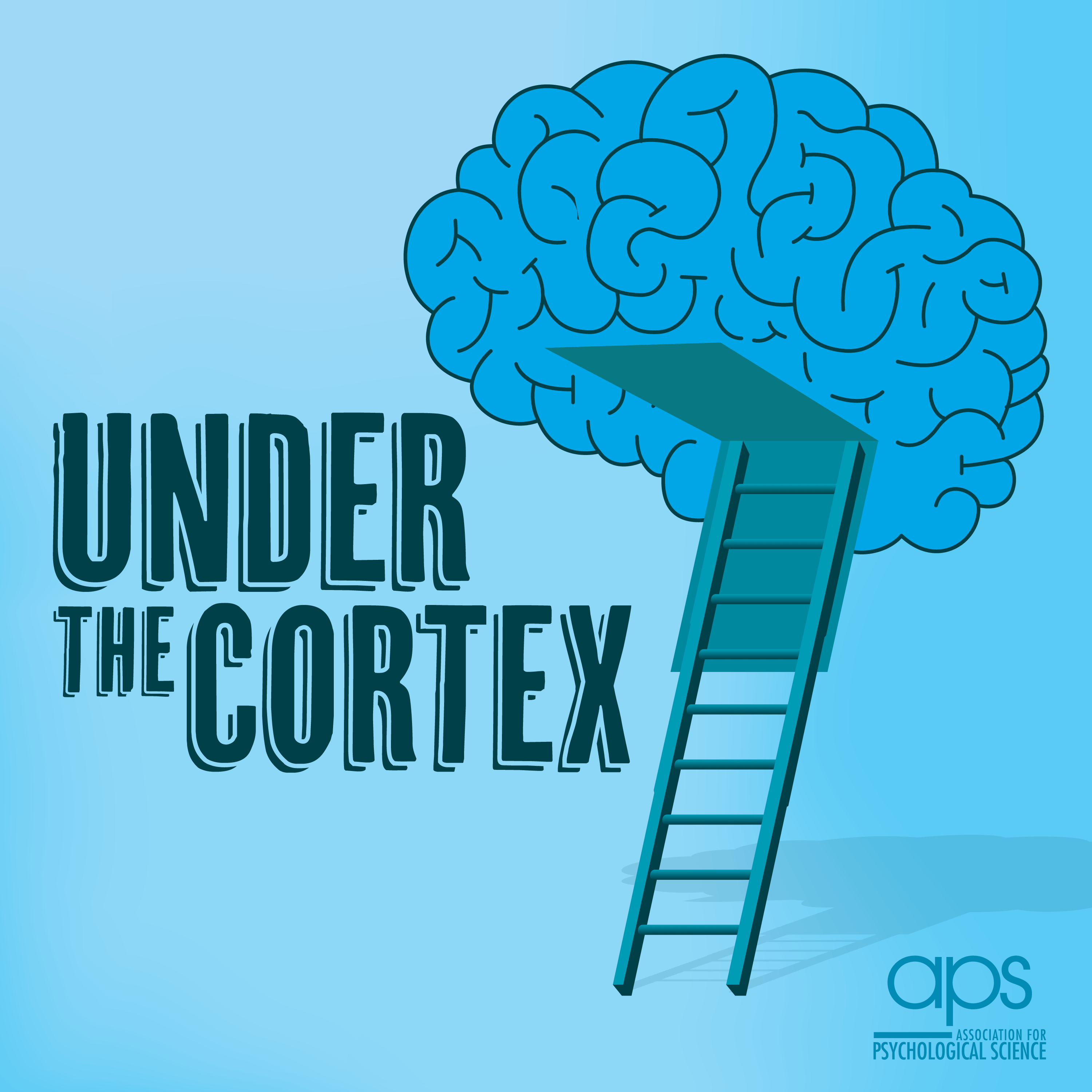Carl Hart on Clinicians’ Bias Toward Drug Use
Description
Pervasive misconceptions about and bias against drug use in the United States have led to clinical norms that pathologize any use of certain kinds of drugs. This bias has harmful consequences. For instance, conflating substance use with substance disorder is used to justify curtailing certain people’s rights, which has broad consequences. Treating drug use as a brain disease reveals clinician bias. How can these misconceptions, and the actions they lead to, be corrected? And how can researchers and policymakers demystify drug use?
This episode of Under the Cortex features Carl Hart, a neuroscientist at Columbia University who has studied the behavioral and neuropharmacological effects of psychoactive drugs in humans. His lab attempts to understand factors that mediate drug use, to develop effective treatments, and to translate that knowledge into more humane drug policies.
In May, Carl spoke about some of his findings in a very popular presentation at the 2023 APS Annual Convention titled “Clinician Bias About Drug Use Contributes to Growing Restrictions on Liberty and Bodily Autonomy.” He explained how the inclination to think that any use of a certain drug, like cocaine or heroine, is pathological reveals a clinician bias. This conversation, with APS’s Ludmila Nunes, was recorded on-site at the convention shortly after Carl delivered his presentation.
More Episodes
How does the brain’s memory function change as we grow older? What recent discoveries are helping us understand these changes better?
In this episode of Under the Cortex, Özge Gürcanlı Fischer Baum welcomes Karen Campbell of Brock University to discuss how aging impacts memory. Campbell shares...
Published 11/14/24
Can environmentally friendly actions boost personal well-being? Tune in to discover how a sustainable lifestyle offers profound benefits.
In this episode, APS's Özge Gürcanlı Fischer Baum speaks with Michael Prinzing from Baylor University. Prinzing shares findings from a recent research article...
Published 10/31/24
Published 10/31/24


